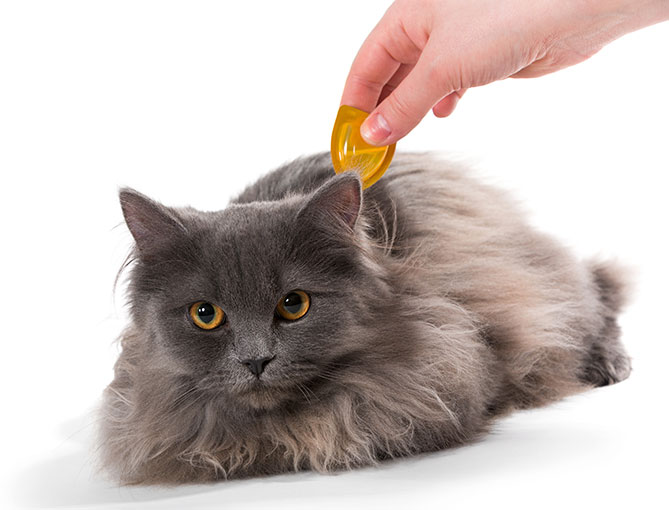How do you detect fleas in dogs?“If your dog has fleas, there are two main ways you will know. Firstly, they will be scratching, often uncontrollably, and they can scratch their skin raw in an effort to rid themselves of these pests. Your dog may also develop anaemia if infested, which can cause them to become tired and lacking in energy. “ |
Sometimes the smallest things can be the ones that cause the greatest irritation. Pets and pet owners know this all too well, with tiny fleas, ticks and worms wreaking havoc all over the country. Australian pet owners spend hundreds of dollars each year on treatment for their pets.
Fleas and ticks are known as pests for a reason, and they’re one of the most annoying things to affect your pet. In addition to being an itchy nuisance, however, they can also be quite a serious threat to your pet’s health. This article will look at how ticks and fleas can affect your pet’s health, and the steps you should take to minimise harm.
The trouble with ticks and fleas
Dogs and cats can develop allergies to flea saliva, and a simple itch can quickly develop into an infestation that leads them to scratch their skin raw. In doing so they can lose the hair in that area, and the skin can suffer from severe bacterial infections.
Both dogs and cats can also suffer from anaemia as a result of a flea infestation. This is because fleas drink their blood and a large infestation can mean that blood loss is potentially very high.
If the above two issues didn’t sound bad enough, fleas also carry a type of tapeworm. This means that a flea infestation could also potentially result in a worm infestation. This worm infestation can cause itchiness and more discomfort for your pet.
Flea infestations can affect humans as they spread disease throughout a home. It’s therefore important to be prudent and not allow fleas to breed.
Ticks are an even more malicious problem. Certain ticks inject toxins when it bites your pet, and this can lead to paralysis. The toxins will slowly spread, and if not treated as soon as possible, can be fatal. Like fleas, pet owners are also at risk of ticks as they can bite, causing allergic reactions, and in some rare cases, even paralysis in humans.
How to protect your pets
So how do you keep your home, pet, and self protected from all these nasty parasites? For a start, ensure you regularly vacuum, clean debris, and don’t allow foreign animals into your home. It’s also important to regularly wash pet bedding on a hot cycle. Insecticides in the form of flea bombs can also be used to treat large areas.
The biggest defence against fleas is to ensure that you never allow a flea breeding cycle to continue in your home. Breaking the cycle is important to ensure your home or environment doesn’t become a breeding ground. Remember, you’re not fighting just the flea itself but its hoards of offspring.
As for your pet, ensure you use dog or cat specific products respectively, such as shampoos and flea rinses. You can also use sprays or spot treatments, which can keep your pet flea free for up to a month. It’s important to only use products designed for specific pets, as cats are highly sensitive and shouldn’t be treated with dog products. One of the most popular flea combatting methods is a tablet, which when administered monthly, can keep fleas at bay. Tablets also exist for worms, and it’s important to keep these up at the recommended intervals.
With ticks, it’s important to remain prudent and apply sprays or spot on treatments regularly. Another option is a specially formulated insecticide based collar. Checking for ticks should be a daily routine, starting with your pet’s face and then moving through the neck and body. Don’t forget to check underneath collars!
Final notes
With so many parasites waiting to threaten the health of your pet and household, it’s vital that you are proactive and don’t become complacent. Keeping up to date with medicines and sprays, and keeping a clean and hygienic household, are the first steps in prevention.
If your pet is suffering from a flea infestation or has been bitten by a tick, seek veterinary assistance as soon as possible.
Click here for more interesting facts about fleas. And learn more about the benefits of dog insurance here.







Leave A Comment